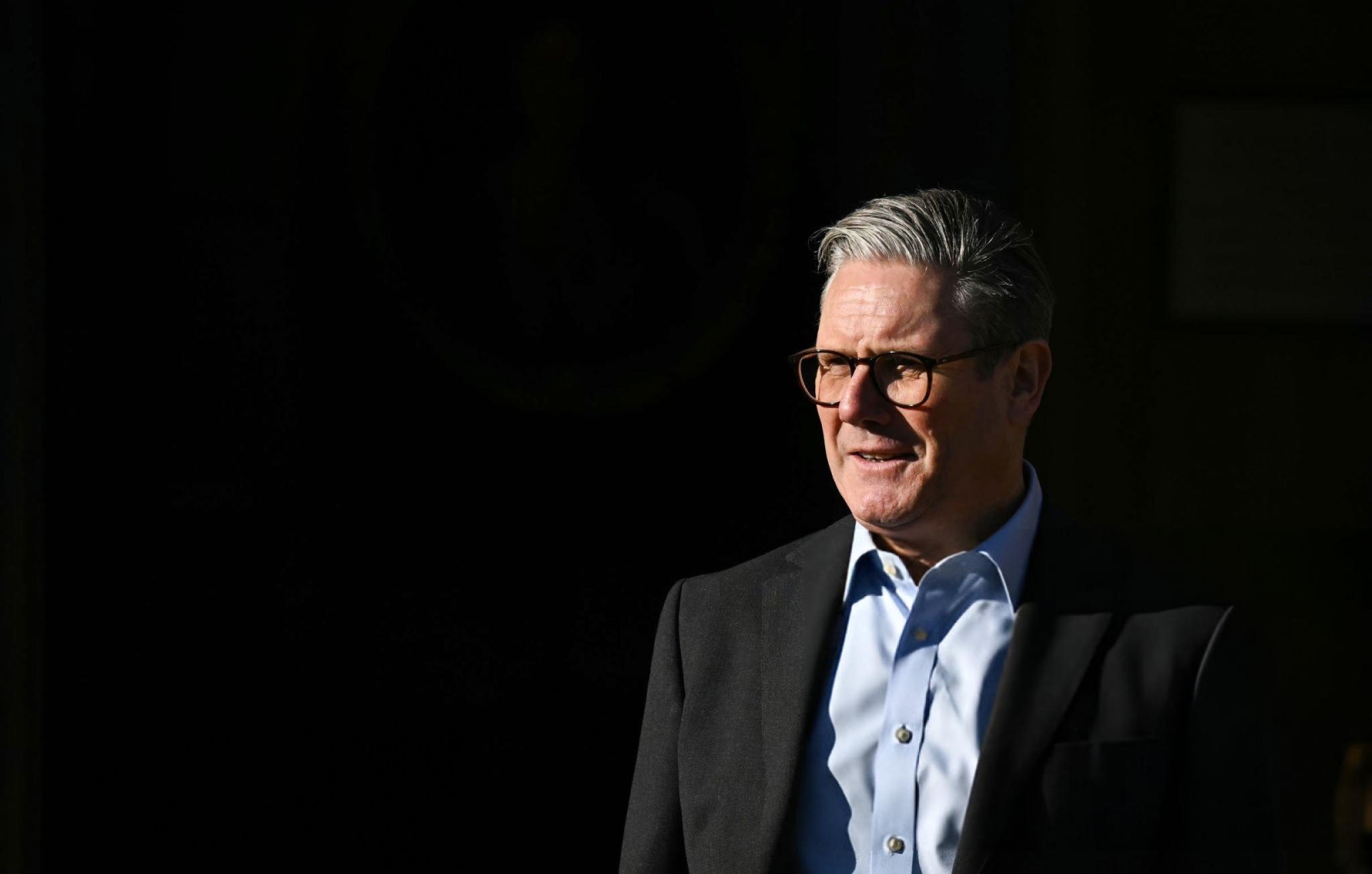Sir Keir Starmer has told his top ministers they must “either be the disruptors or the disrupted” as he urged them to accelerate the Government’s reform agenda in the face of mounting political and economic challenges.
The Prime Minister’s remarks set the tone for an intense six-hour Cabinet meeting at Lancaster House on Friday, where he pushed for decisive action amidst rising global instability and domestic pressures. His words were particularly pointed in an initial political Cabinet session, held without Civil Service officials, where he took aim at “right-wing populists” who claim to champion working people but, in his view, offer only “grievances not solutions.”
Pace of change must increase
The meeting underscored Starmer’s growing impatience with the traditional pace of policymaking. While he commended the efforts of civil servants, he warned that caution is “hard-wired” into Whitehall, slowing down the pace of necessary reforms. He urged ministers to push forward with transformative changes, particularly in public services, stating:
“My reflection is that while we are working away, the world is speeding up. We can either be the disruptors or the disrupted.”
His words reflect a growing concern within Labour that unless they act swiftly, their ability to deliver meaningful reform before the next general election may be limited.
Economic growth at the forefront
Economic uncertainty was a central theme of the Cabinet discussions, with Starmer and Chancellor Rachel Reeves addressing concerns over sluggish growth and external threats. On Thursday, the Bank of England downgraded its forecast for UK economic growth in 2025, cutting expectations in half while predicting a stronger recovery in subsequent years. The news comes as Labour faces increasing pressure over its economic plans, particularly with a rise in support for Reform UK and the potential impact of a second Trump administration in Washington, which could introduce tariffs affecting UK trade.
Reeves used the meeting to stress the importance of long-term growth strategies, pointing to the Government’s backing for Heathrow’s third runway as an example of necessary investment in national infrastructure. However, her remarks reportedly sparked some disagreement within the Cabinet, particularly from Net Zero Secretary Ed Miliband, a longtime critic of airport expansion.
When pressed on the issue, Miliband reaffirmed his commitment to collective Cabinet responsibility but insisted that any Heathrow expansion must “pass strict environmental conditions and meet our carbon budgets.” His comments reflect an ongoing balancing act within Labour, as it seeks to boost economic growth while maintaining its green credentials.
AI, public service reforms, and business engagement
Beyond economic concerns, the Cabinet also addressed artificial intelligence (AI) and its role in shaping the future of the UK economy. Ministers discussed plans to harness AI for both business growth and public sector efficiency, as part of a broader strategy to modernise government services and reduce bureaucratic delays.
There was also significant focus on engagement with businesses, with Labour aiming to strengthen ties with key industries in an effort to drive private sector investment. Starmer and Reeves reiterated that boosting business confidence remains a priority, particularly as Labour seeks to establish itself as the party of economic stability and growth.
Public sector reform was another major talking point, with Starmer making it clear that the Government must be bold in delivering better outcomes for citizens. He urged ministers to take greater ownership of their respective portfolios, warning that incremental change would not be enough to meet the expectations of the electorate.
Labour’s balancing act
Friday’s meeting highlighted the tightrope Labour must walk as it attempts to reconcile ambitious economic growth plans with environmental commitments and increasing political pressure from both the right and left.
Starmer’s warning that ministers must act as “disruptors” signals an urgency to deliver meaningful results before the next general election. However, with economic headwinds, internal Cabinet tensions, and the unpredictable impact of global events, the road ahead remains uncertain.
For now, Labour’s strategy appears clear: move fast, take risks, and prove that the Government can deliver lasting change in a rapidly shifting world. Whether Starmer’s team can maintain unity and momentum will be the defining challenge of his leadership in the months to come.







